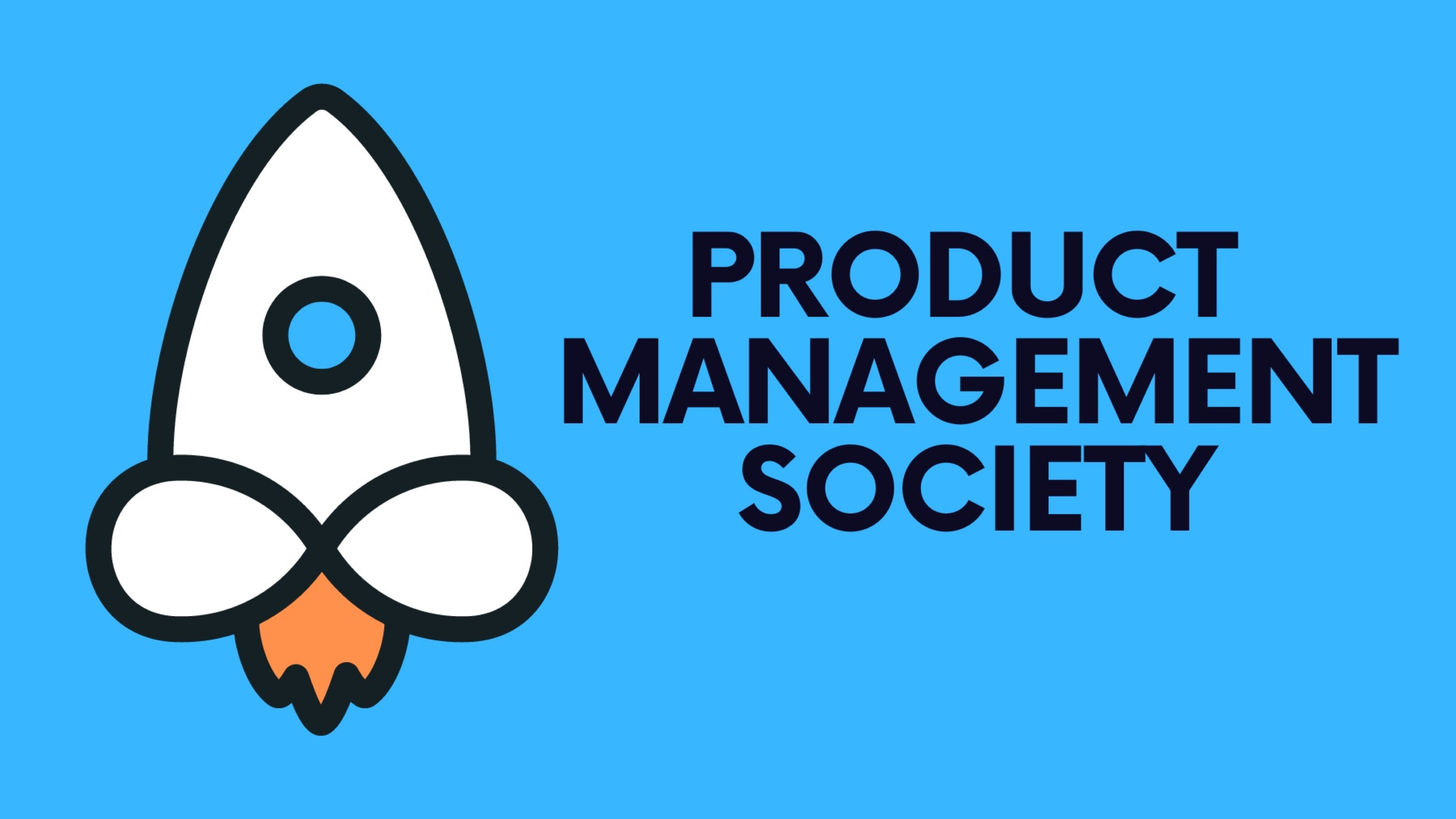As artificial intelligence (AI) continues to advance, it's reshaping various industries and job roles. In the field of product management, AI tools and systems are increasingly being used to automate tasks, analyze data, and even make decisions. This has led to speculation about whether AI could eventually replace product managers. This article explores the implications of AI in product management and discusses whether AI could truly take over this complex role.
1. The Current Role of AI in Product Management
Automation of Routine Tasks:
- AI is currently used to automate repetitive and time-consuming tasks such as data collection, analysis, and reporting. Tools like chatbots can handle customer inquiries, and predictive analytics can forecast product performance.
Enhanced Decision Making:
- AI systems can process vast amounts of data to provide insights that help product managers make informed decisions. For example, AI can identify patterns in user behavior or predict market trends.
2. The Limitations of AI in Product Management
Lack of Human Insight:
- AI lacks the human intuition and emotional intelligence required to understand nuanced customer needs and preferences. Product management often involves empathetic decision-making that AI cannot replicate.
Inability to Navigate Complex Strategic Decisions:
- While AI can provide recommendations based on data, it lacks the ability to consider broader business strategies or navigate complex organizational dynamics that are crucial for product development.
3. Complementary Roles of AI and Product Managers
Enhancing Productivity and Creativity:
- Rather than replacing product managers, AI can free up their time from mundane tasks, allowing them to focus on more strategic and creative aspects of their jobs.
Data-Driven Insights:
- AI can augment the capabilities of product managers by providing them with advanced analytics and predictive insights, enabling better product strategy and decision-making.
4. The Future of AI in Product Management
Collaborative Intelligence:
- The future likely holds a collaborative model where AI and product managers work together. AI would handle data-heavy tasks, while product managers would tackle leadership, creative, and strategic roles.
Continuous Learning and Adaptation:
- Product managers will need to adapt by gaining skills in AI and machine learning to oversee these technologies effectively within their workflows.
5. Preparing for an AI-Enhanced Future
Skill Development:
- Product managers should focus on developing skills that AI cannot replicate, such as leadership, strategic thinking, and emotional intelligence.
Stay Informed:
- Keeping abreast of advancements in AI technologies will enable product managers to integrate useful tools into their processes and remain valuable in an AI-augmented environment.
Conclusion
AI is transforming product management, but it is unlikely to replace product managers entirely. Instead, AI will serve as a powerful tool that enhances the capabilities of product managers. By automating routine tasks and providing advanced data insights, AI allows product managers to focus on the strategic, creative, and interpersonal aspects of their roles that are critical for successful product leadership.
Stay tuned for our next article!
If you’re finding this newsletter valuable, consider sharing it with friends, or subscribing if you aren’t already. Also, consider coming to one of our Meetups and following us on LinkedIn ✨
Thanks for reading Product Management Society! Subscribe for free to receive new weekly posts 🚀







